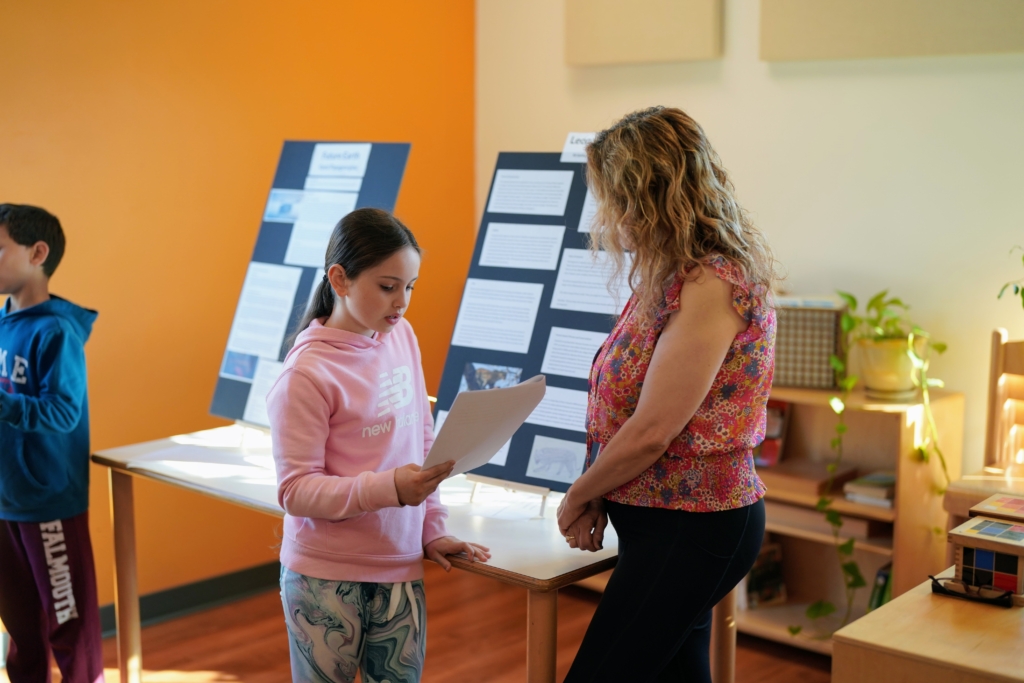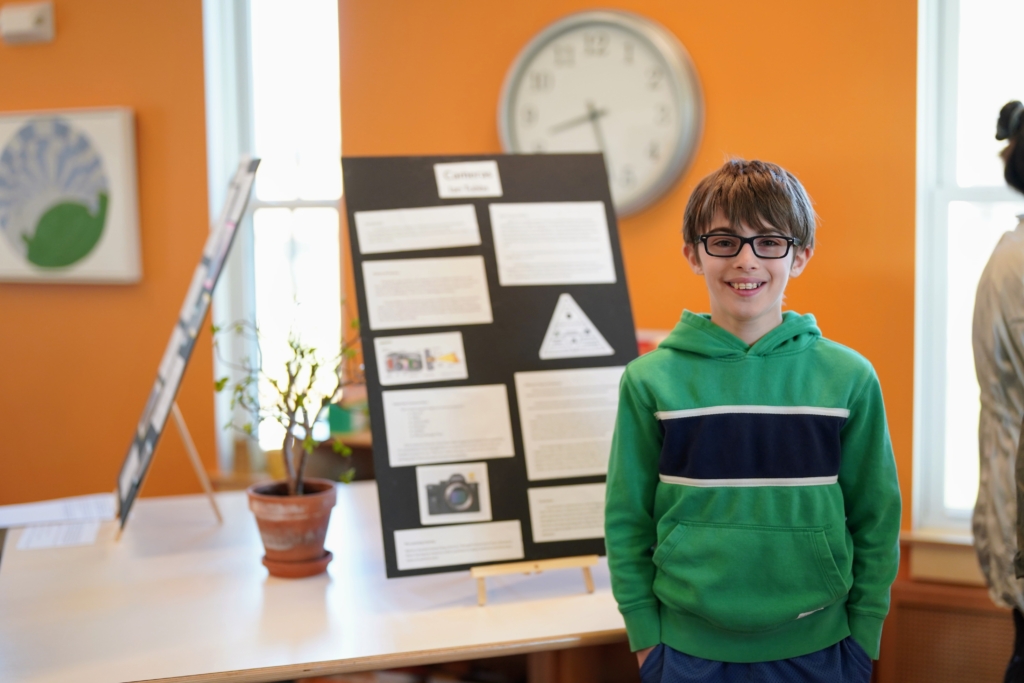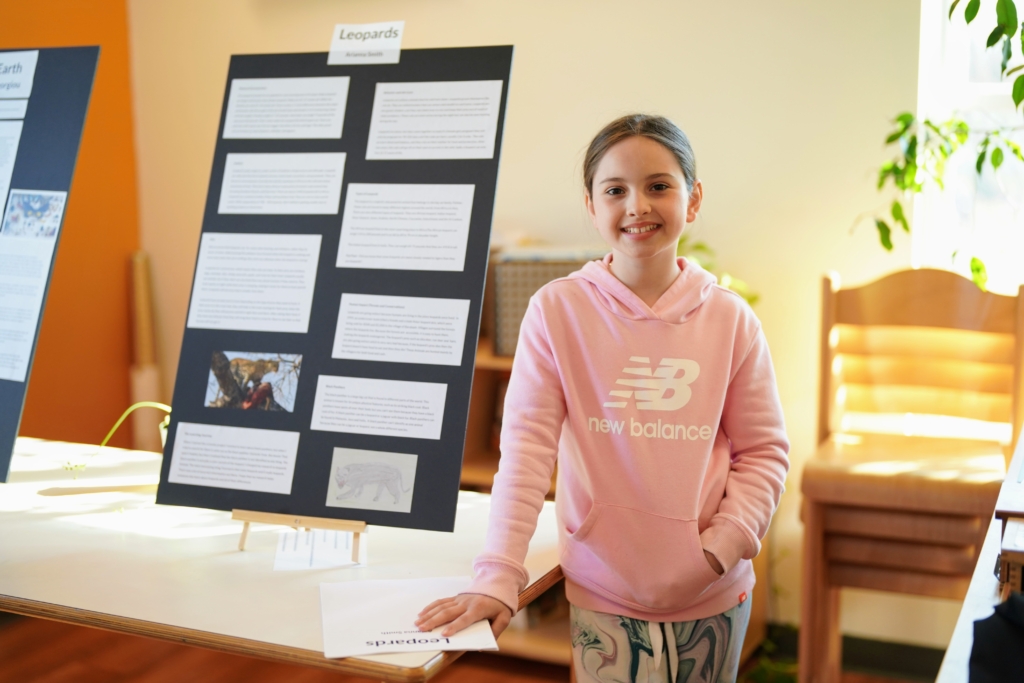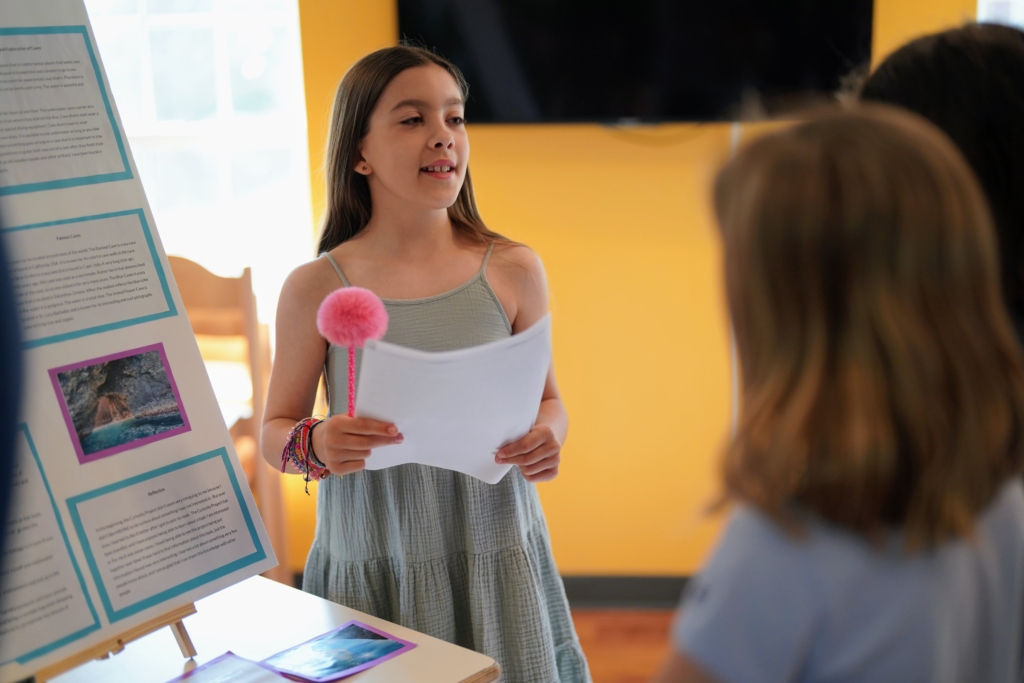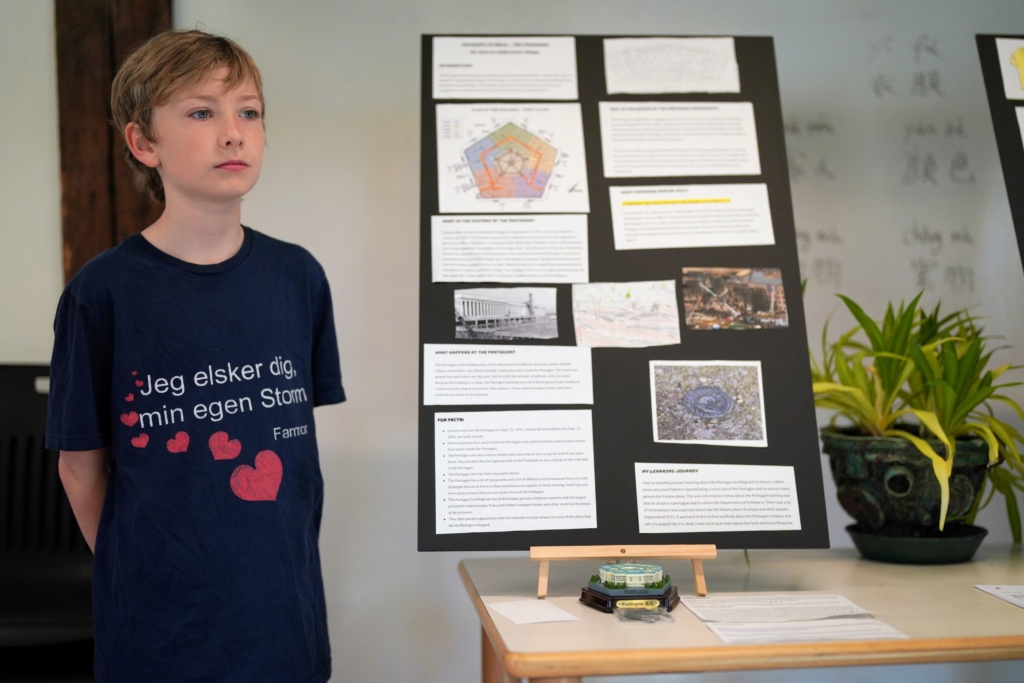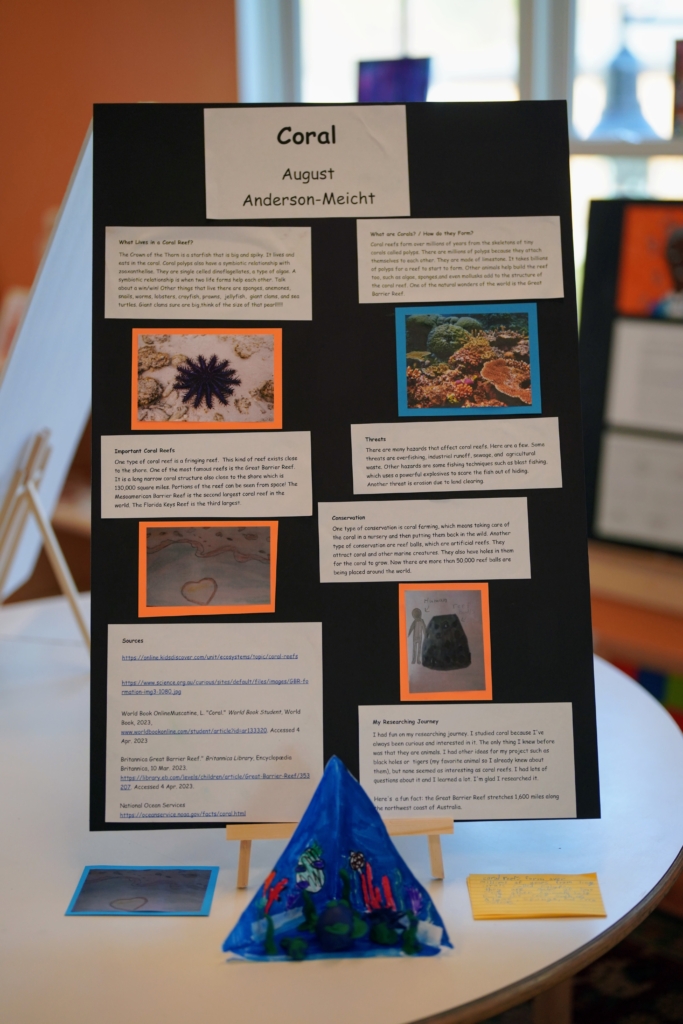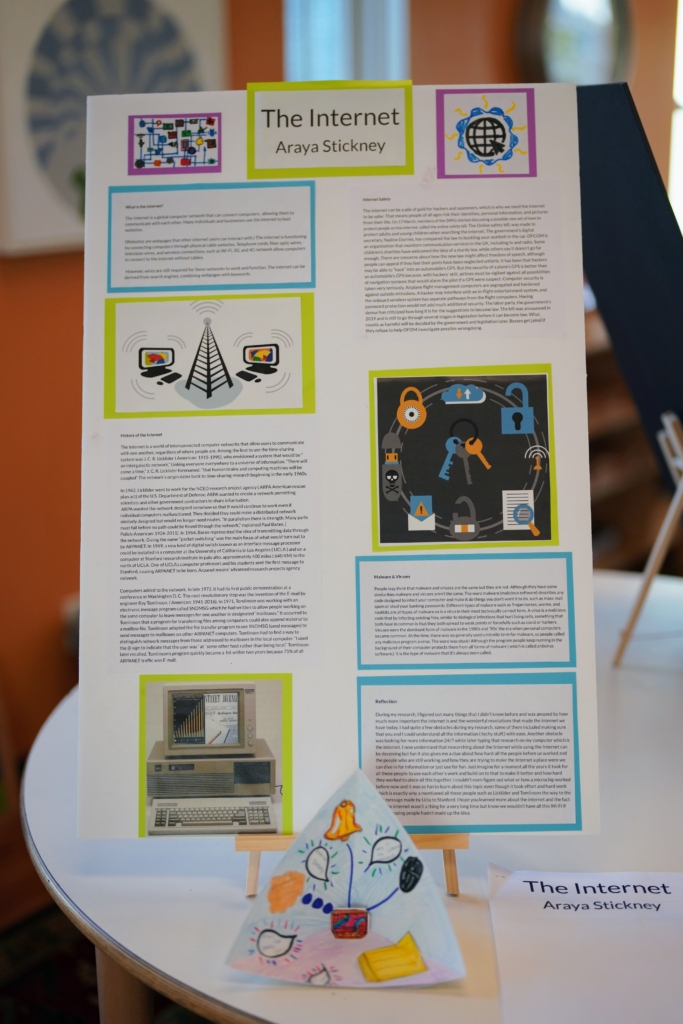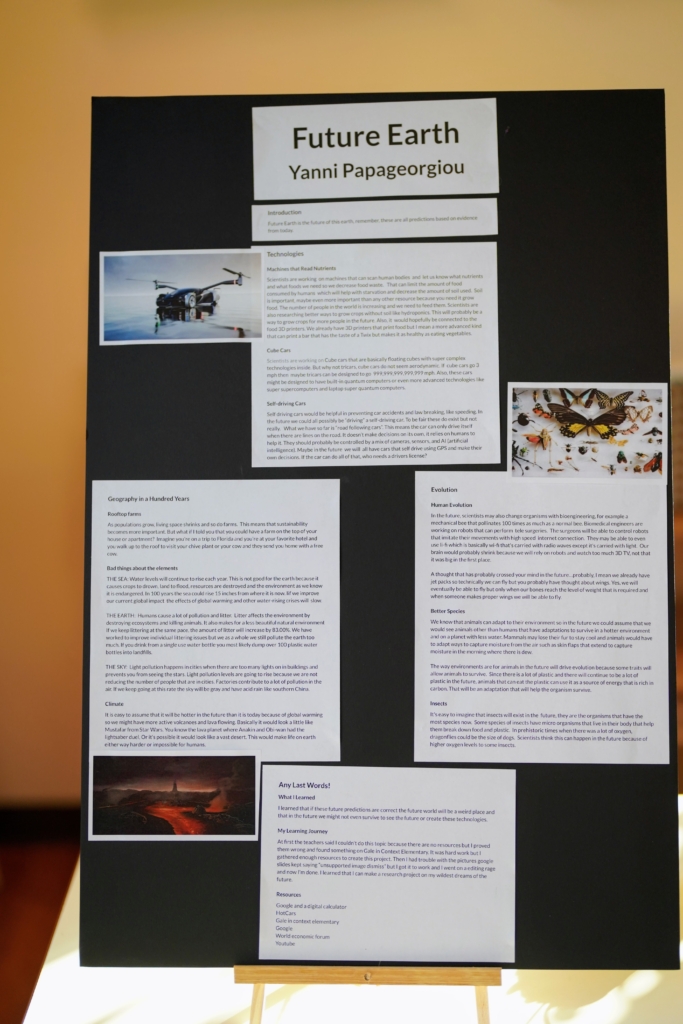Sign Up for summer fun at Riverbend!
May 12, 2023
The Curiosity Project was a new addition to the UE experience this year. Curiosity is a powerful stance from which to learn. Harvey Daniels writes, “Studies show that curiosity is a measurable mindstate during which learners not only hoover up information about a topic, but will also remember extraneous or accompanying events. In other words, we seem to have a ‘curiosity switch’ that, when flipped, can juice up powerful learning.”
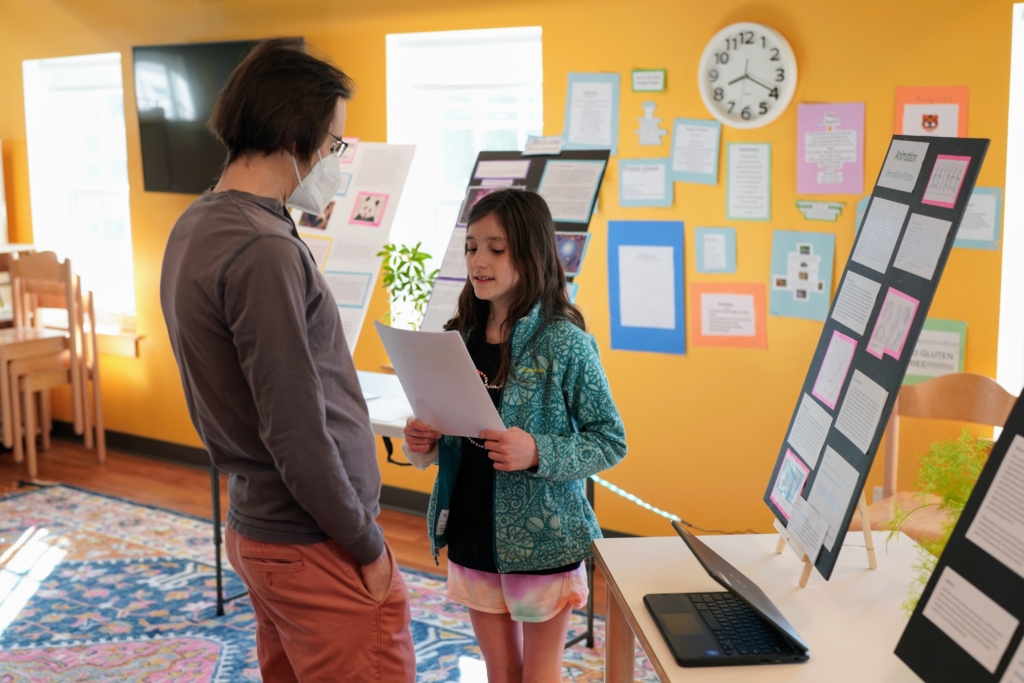
When we first launched this project, students were actually quite skeptical about the value of asking questions and being curious. They wanted quick answers, and they wanted to know a lot of things. They seemed to be somewhat uncomfortable with “I wonder…” and instead wanted to be able to firmly state, “I know…” We encouraged students to spend some time lingering in the unknown before jumping to find answers.
After several weeks of modeling being curious, and of exploring the power of asking questions, students narrowed in on a specific topic to pursue further. As part of choosing a topic, students were introduced to one of the Social Justice Standards that states, “I know about the actions of people and groups who have worked throughout history to bring more justice and fairness to the world.” This concept led students to think more about topics that would be fundamentally about making the world more just and fair.
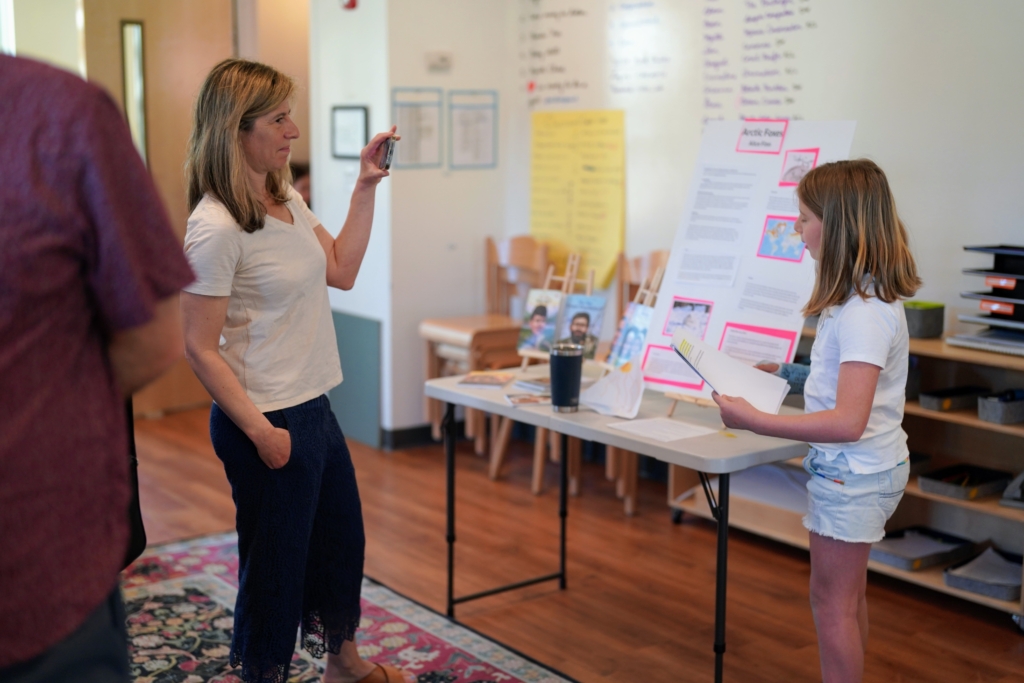
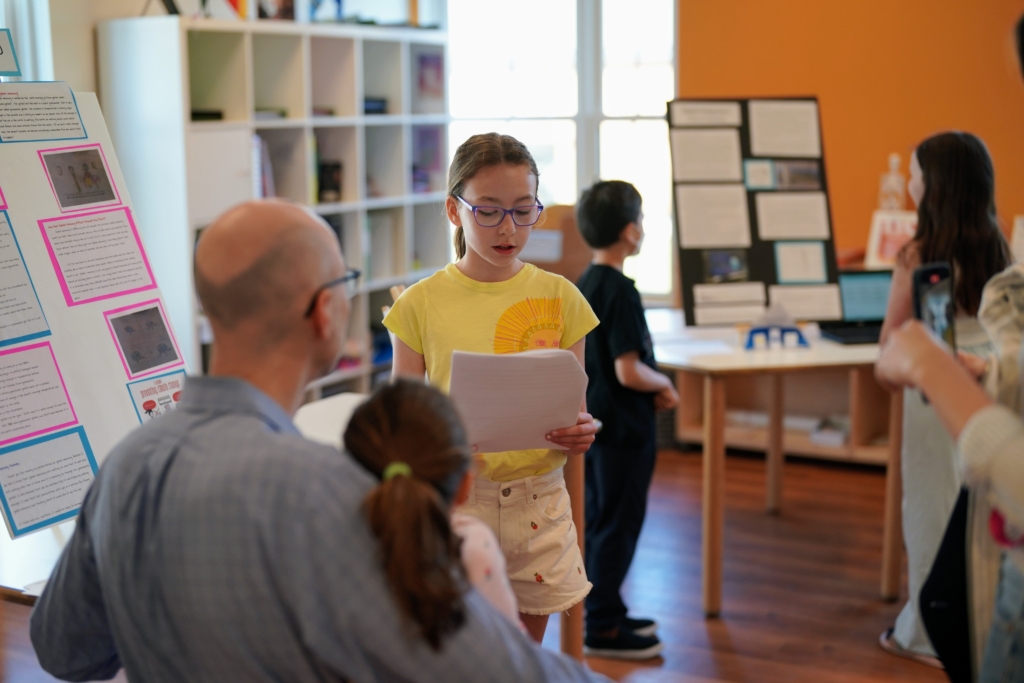
After several weeks of research, with topics evolving over time, students turned their attention to thinking about how they might share what they had learned with a broader audience. They narrowed their findings into three or four categories, and wrote nonfiction essays about what they had learned. When the rest of the school, along with their families, were invited to share in the curiosity, they had the chance to learn about topics ranging from clothing manufacturing to the future of technology, from endangered species such as the black footed ferret, to endangered ecosystems such as coral reefs.
At the end of it all, students reflected on their curiosity journey. Here are some of their own reflections:
